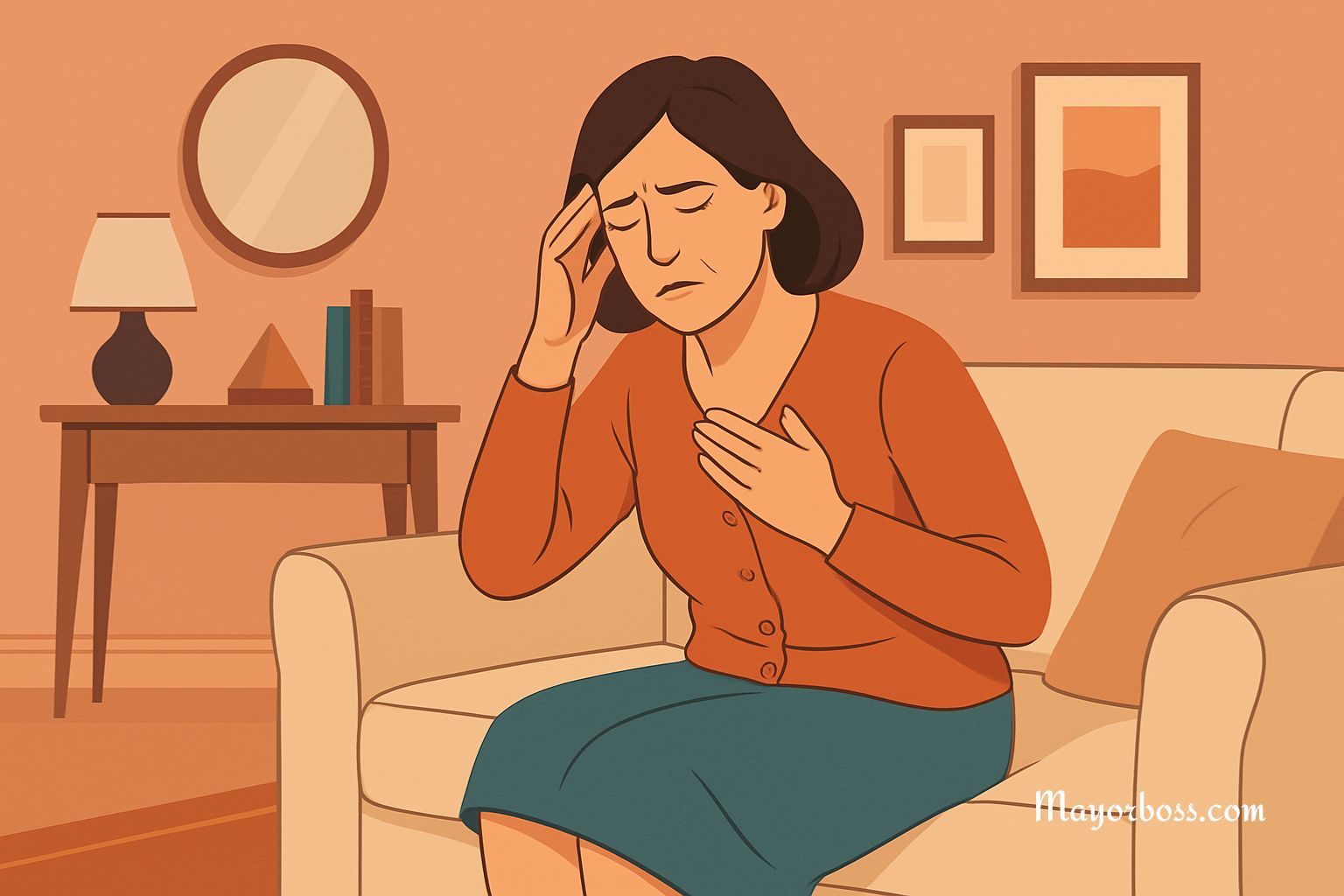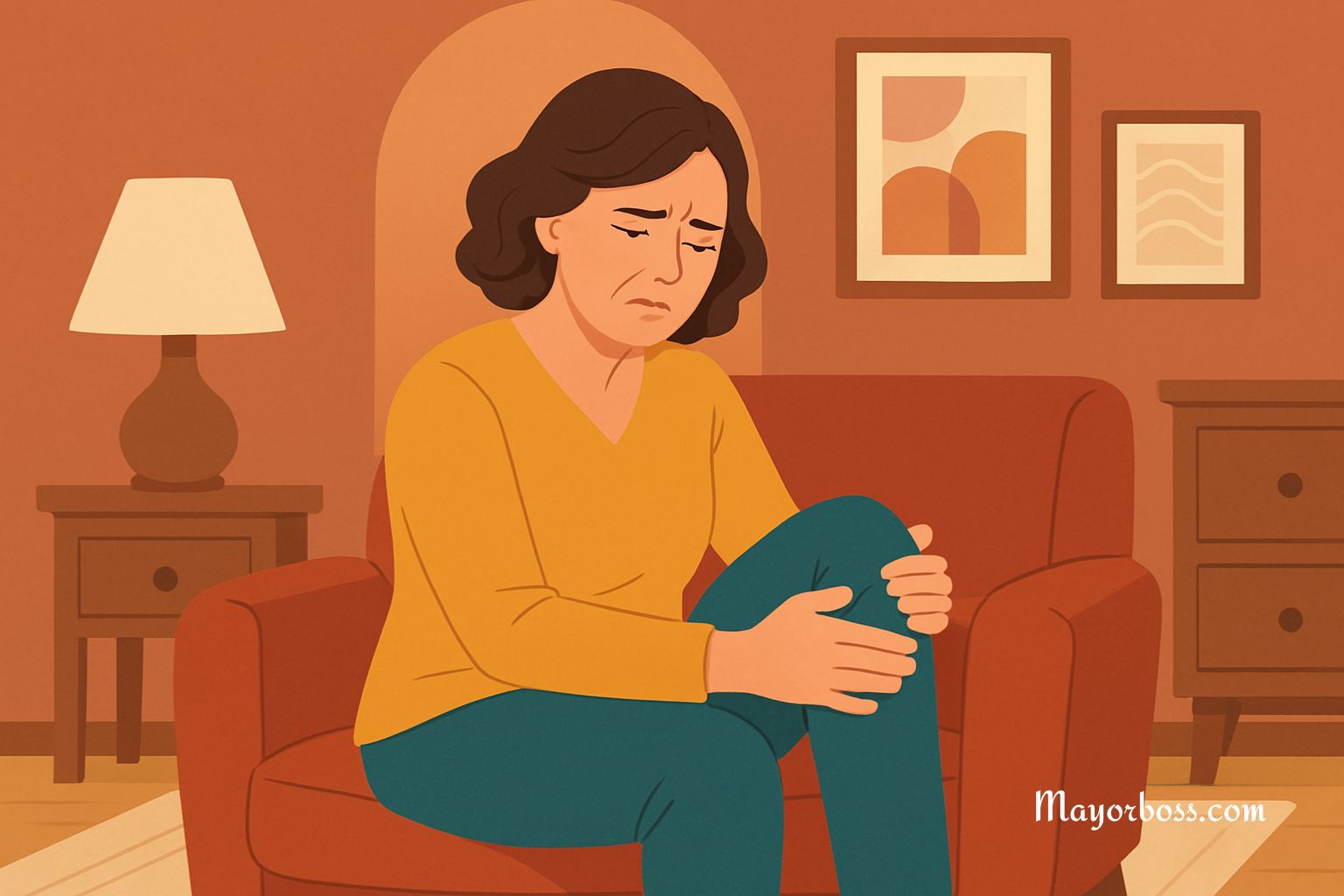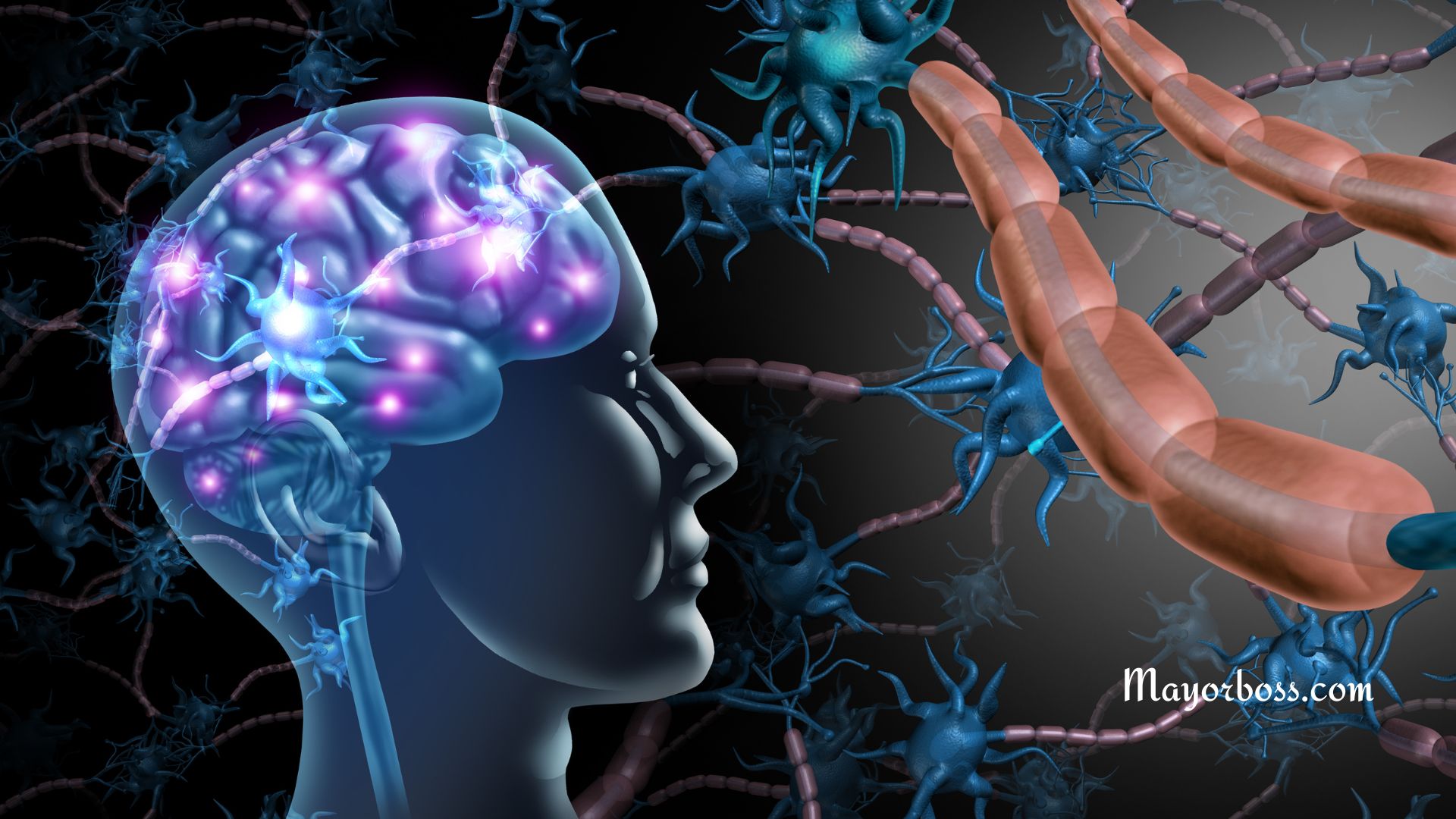Symptoms of Pneumonia
Summary: Pneumonia is an infection that inflames the air sacs in your lungs. Common symptoms include a persistent cough, fever, and difficulty breathing. It’s crucial to pay attention to these signs and consult a healthcare professional for diagnosis and treatment. Pneumonia can be caused by bacteria, viruses, or fungi and is especially dangerous for young children, the elderly, and people with weakened immune systems.

Early Symptoms
So, you’re feeling under the weather and are concerned it might be pneumonia. Early symptoms often resemble those of a common cold. These can include:
- Coughing
- Runny nose
- Sore throat
- Mild fever
As you can see, these symptoms are pretty typical of many respiratory illnesses. Yet, it’s essential to keep an eye on them. If they worsen or persist, it may be time to seek medical advice.
When Mild Symptoms Turn Serious
Pneumonia isn’t something to take lightly. More severe symptoms can develop rapidly. If you experience the following, consult a healthcare provider right away:
- High fever above 101°F (38°C)
- Chills
- Shortness of breath or rapid breathing
- Chest pain, especially when coughing or breathing deeply
- Confusion or changes in mental awareness (in adults aged 65 and older)
In people with asthma or chronic obstructive pulmonary disease (COPD), symptoms can become severe quickly. That’s why it’s crucial to act fast.
Different Types, Different Symptoms
Did you know that there are various types of pneumonia? Each can present a slightly different set of symptoms.
Bacterial Pneumonia
Common in adults, symptoms usually include:
- High fever
- Productive cough with thick mucus
- Shortness of breath
- Sweating and chills
Viral Pneumonia
Most common in children and older adults, the symptoms might be:
- Dry cough
- Headache
- Muscle pain
- Weakness
Aspiration Pneumonia
This occurs when you inhale food, drink, or stomach acid into your lungs. Symptoms are:
- Bad breath
- Chest pain
- Fever
- Productive cough
Extra Concerns for Specific Groups
In Infants and Young Children
Symptoms may not be as noticeable. Examples of signs to look for are:
- Fast or troubled breathing
- Appearing tired or lethargic
- Vomiting
- Irritability
In Older Adults
Symptoms may be less pronounced or may not even include a fever. Hence, it’s essential to watch for:
- Confusion or delirium
- Lower than normal body temperature
- Shortness of breath
- Worsening of preexisting conditions
Here’s a table that neatly sums up the common symptoms associated with various types of pneumonia. This way, you can quickly compare and understand what to look out for depending on the situation.
| Type of Pneumonia | Common Symptoms |
|---|---|
| Bacterial Pneumonia | High fever, Productive cough with thick mucus, Shortness of breath, Sweating and chills |
| Viral Pneumonia | Dry cough, Headache, Muscle pain, Weakness, Fever, Sweating, And Shaking Chills. |
| Aspiration Pneumonia | Bad breath, Chest pain, Fever, Productive cough |
| Infants and Young Children | Fast or troubled breathing, Appearing tired or lethargic, Vomiting, Irritability |
| Older Adults | Confusion or delirium, Lower than normal body temperature, Shortness of breath, Worsening of preexisting conditions |
What to Do If You Notice These Symptoms
If you or someone close to you shows signs of pneumonia, don’t delay in consulting a healthcare provider. Diagnosis usually involves a physical exam and imaging tests like a chest X-ray or CT scan. Blood tests can also help determine the cause of the infection.
Proper treatment often involves antibiotics for bacterial pneumonia, antiviral medications for viral pneumonia, and supportive care like rest and hydration. Hospitalization might be required for severe cases or for those at high risk.
So, if you find yourself saddled with symptoms that seem like more than just a common cold, especially if you fall into a high-risk category, make sure to get medical attention. Your health is not something to gamble with.
Further Reading: What Is Walking Pneumonia?






